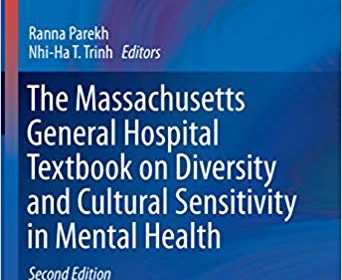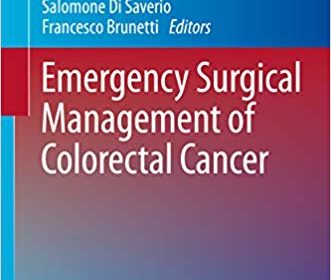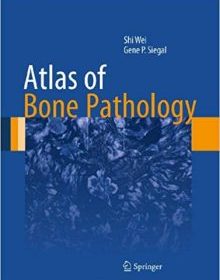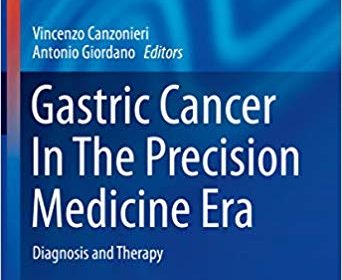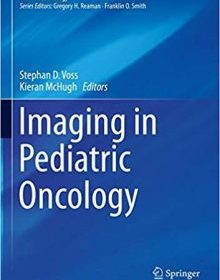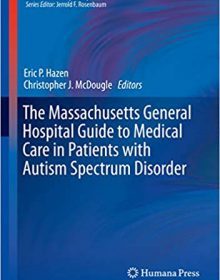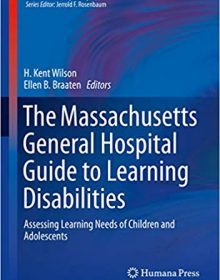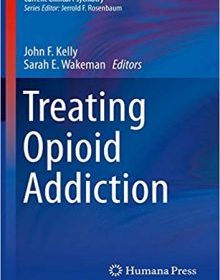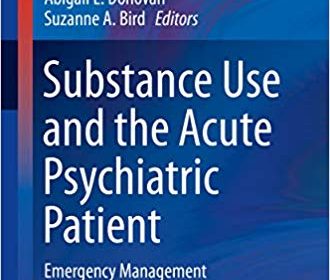Post-Intensive Care Syndrome (Lessons from the ICU)
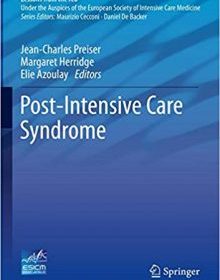
Post-Intensive Care Syndrome (Lessons from the ICU)
This book, part of the European Society of Intensive Care Medicine textbook series, provides detailed up-to-date information on the physical, cognitive, and psychological impairments that are frequently present following a stay in an intensive care unit and examines in depth the available preventive and therapeutic strategies, including adapted rehabilitation programs. Beyond acquainting readers with the multiple facets of post-intensive care syndrome (PICS), the book aims to promote the effective follow-up of patients, thereby enhancing their ability to work and their functional autonomy, and to identify risk factors for the development of PICS as a stimulus to beneficial organizational changes in intensive care departments.
The background to the book is the realization by healthcare providers that the quality of life of patients who have required a stay in an intensive care unit can be severely impaired or even become unacceptable. All too often, the diverse sequelae are overlooked by specialists of other disciplines. Moreover, families and caregivers are also at high risk of post-traumatic stress disorder and depression.
The European Society of Intensive Care Medicine has developed the Lessons from the ICU series with the vision of providing focused and state-of-the-art overviews of central topics in Intensive Care and optimal resources for clinicians working in Intensive Care. This book, written by renowned experts in the field, will facilitate the transmission of key knowledge with significant clinical and financial benefits.









